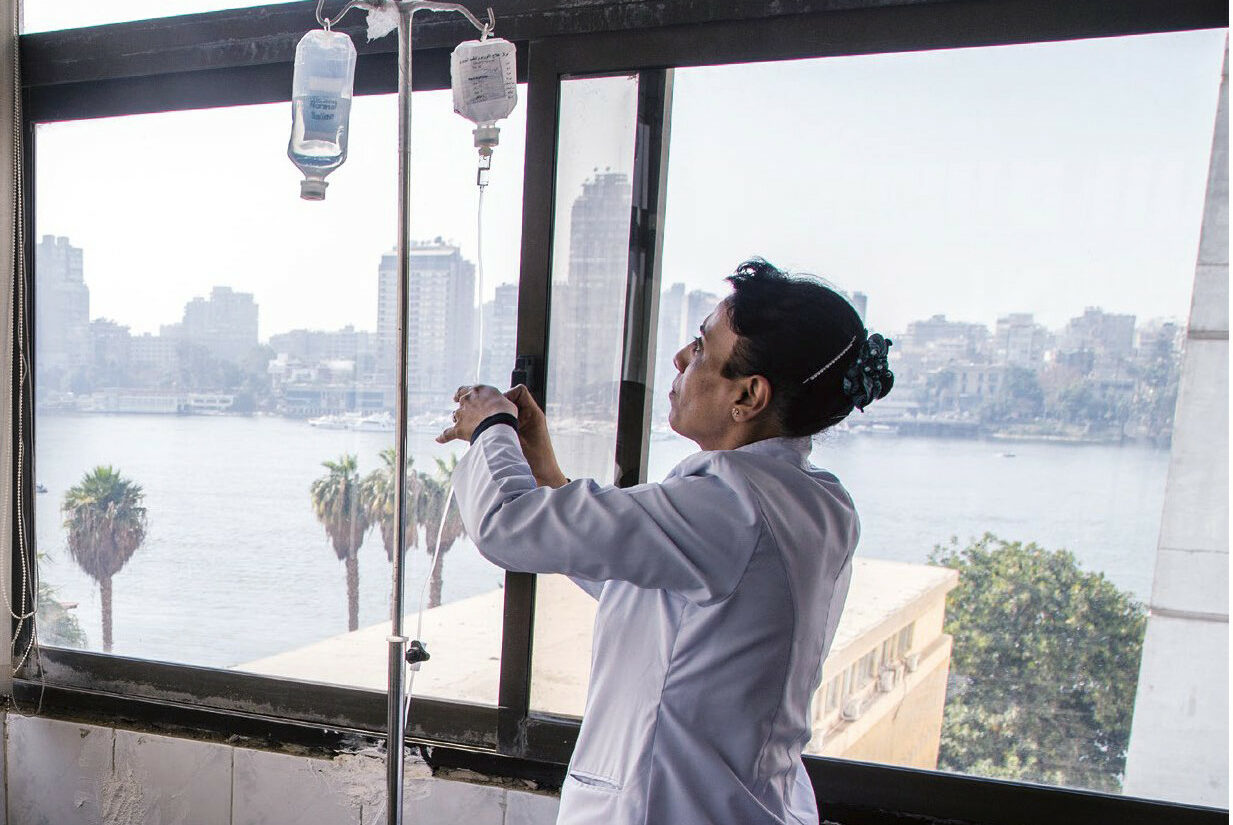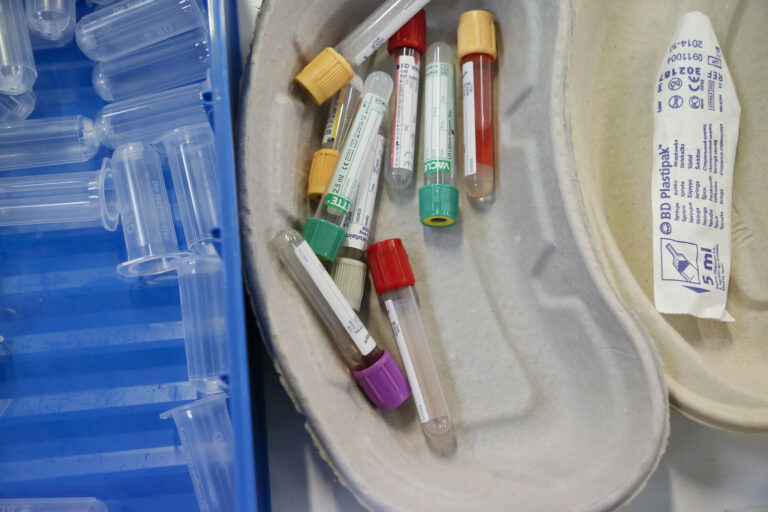
Ethical verification of clinical trials on medication must be more stringent
By: Irene Schipper (SOMO) and Ella Weggen (Wemos)
This blog also appeared on Joop.nl on 6 June 2017
Roche intimidates clinical drug trial participant following report
On 4 April, the Dutch newspaper de Volkskrant(opens in new window) wrote about abuses in clinical trials in Egypt and the intimidation of a test subject following publication of our research. As a result of the article, the Dutch political parties PvdA and SP asked parliamentary questions about the abuses and about the intimidation of subjects by pharmaceutical companies in clinical trials in low and middle-income countries. The answers of State Secretary Martin van Rijn(opens in new window) (Minister of Health, Welfare and Sport) to these parliamentary questions have astonished us.
In response to the PvdA (8 May), he stated that he was not aware of ethical monitoring of drug research in specific countries. In answer to the SP political party (29 May) he also claimed that ethics is a national matter. But in his reply, the Secretary of State has ignored the international responsibility and legal requirements for ethical drug testing for medicines that we allow on the European market. These exist, and they apply worldwide.
Ethics is not a national matter
European legislation on clinical trials contains scientific standards as well as ethical guidelines. Medication that is tested outside of Europe must meet these guidelines and standards if they are intended for the European market. These the ‘Good Clinical Practice’ guidelines and ethical principles as included in the Helsinki Declaration. In short: ethics in clinical trials is not purely a national matter.
What is astonishing, and something that our foreign minister should also be concerned about, is that the measures that the secretary of state mentions in his reply – which are intended to punish ethical violations – have never been imposed! The European Medicines Agency (EMA), which is responsible for compliance with the ethical guidelines, has never refused a marketing authorisation due to an unethical drug test outside of Europe. It has never even suspended a licence. However, we encountered violations not only in Egypt, but also in countries such as India, South Africa and Kenya, where we have investigated drug tests. At the very least, this raises questions about the way the agency operates.
Van Rijn: require better supervision of medical trials
While our state secretary looks the other way, the European Parliament is demanding more oversight of the EMA’s activities. We strongly recommend our Secretary of State heed the ‘EMA 2015 budget audit’ report, in which the European Parliament requires compliance with the ethical guidelines, precisely because clinical trials in countries with low and middle incomes are so vulnerable. Like his European colleagues, our state secretary must also demand better supervision of the testing of our medicines as well as that ethical violations are punished properly: no access to the market.
Do you need more information?
-

Irene Schipper
Senior Researcher
Partners
Related news
-
 EU health data law rolls out the red carpet for Big TechPosted in category:Long read
EU health data law rolls out the red carpet for Big TechPosted in category:Long read Irene SchipperPublished on:
Irene SchipperPublished on: -
Civil society coalition urges EU to put the interests of patients and citizens at the heart of the European Health Data SpacePosted in category:Published on:Statement
-



